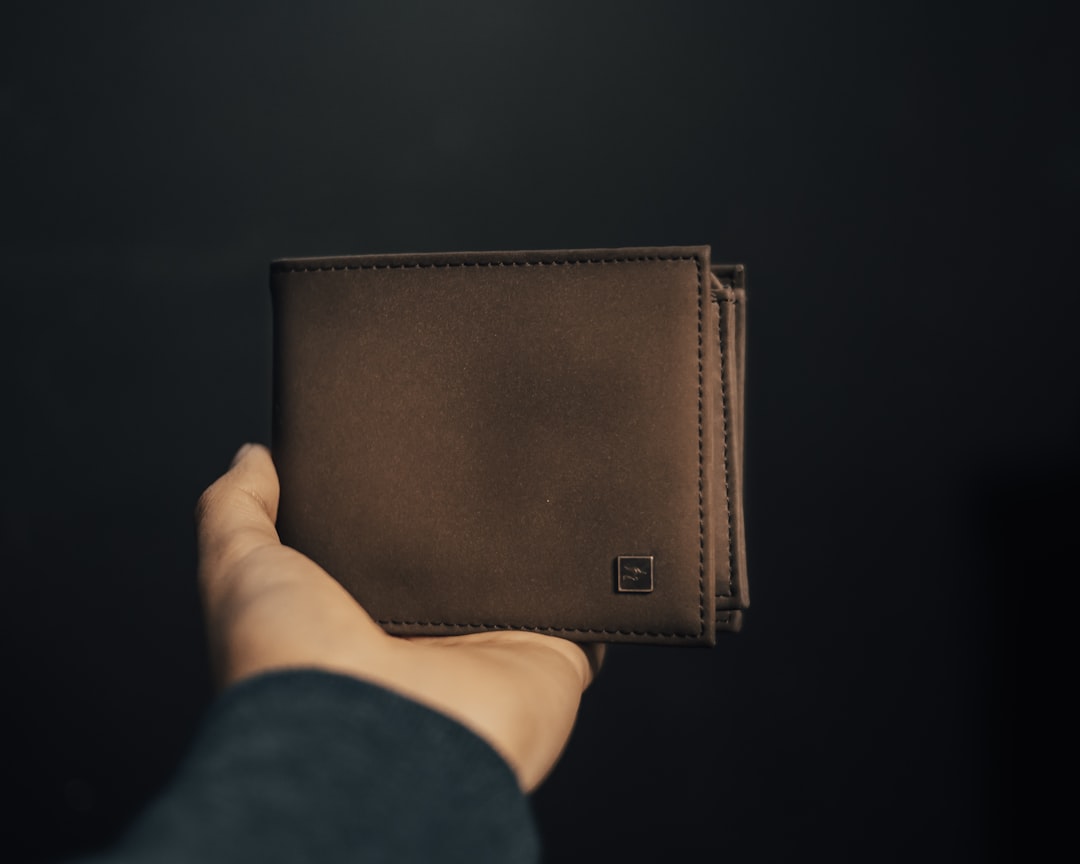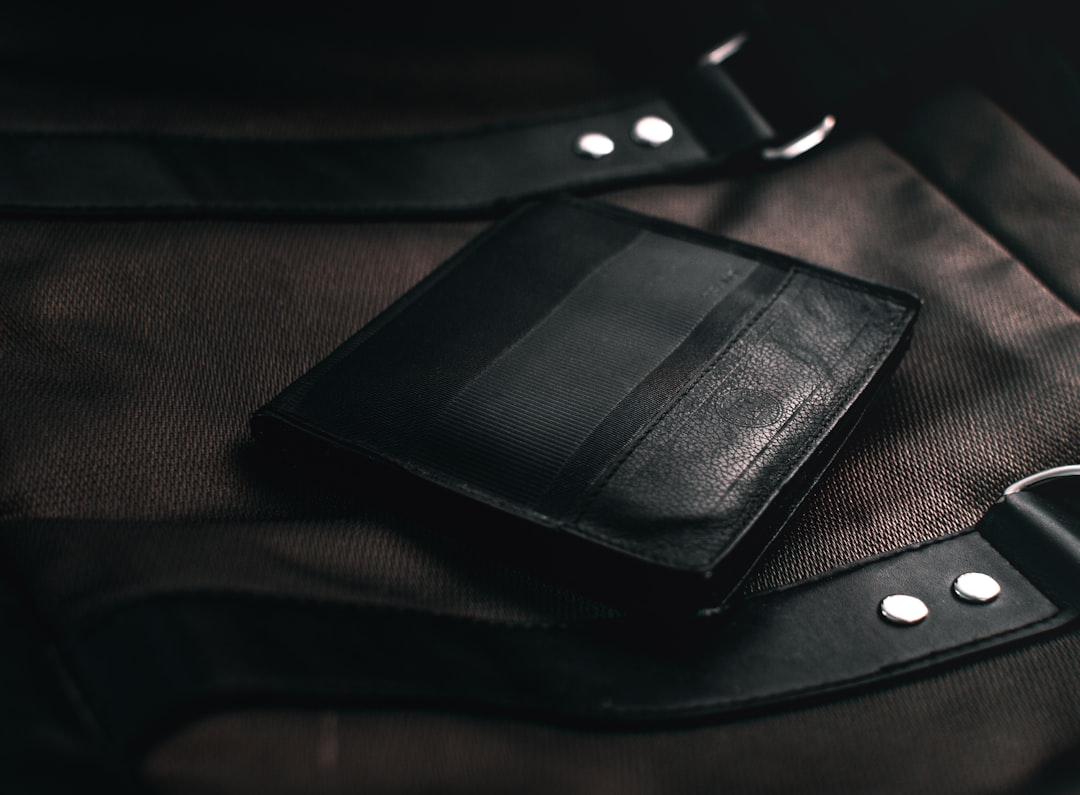Does the idea of trading digital currency intrigue you? If so, you’re not alone. Many people have turned to cryptocurrency as an alternative to traditional currency, and with good reason. Cryptocurrency offers many advantages, such as borderless transfers, fast transactions, and the ability to remain anonymous.
If you’re new to the world of cryptocurrency, one of the first things you need to consider is how to store your digital assets. This is where cryptocurrency wallets come in. But what are they, and how do they work? In the next section, we’ll take a closer look at the basics of cryptocurrency wallets so that you can better understand this important aspect of trading digital currency.
Understanding Cryptocurrency Wallets: What are they and how do they work?
Cryptocurrency wallets are digital wallets used to store, send, and receive cryptocurrencies like Bitcoin, Ethereum, and Litecoin. Unlike traditional fiat currency wallets, these wallets do not contain physical notes or coins. Instead, they store private keys, which enable access to digital assets.
Private keys function as a password granting access to a wallet. When someone sends funds to a wallet, they are actually sending the funds to the public address assigned to that wallet. The private key is necessary to access the funds in the wallet.
Cryptocurrency wallets are designed with robust security features to protect users’ digital assets from cyber threats like hacking, phishing, and identity theft. They come in different types, which offer varying levels of convenience and security.
It is important to understand how cryptocurrency wallets work to make informed decisions about which type to use for storing your digital assets. The next section will provide more insight into the different types of cryptocurrency wallets available.
When someone sends funds to a wallet, they are actually sending the funds to the public address assigned to that wallet.
Types of Cryptocurrency Wallets
When it comes to storing your digital assets, there are a few different options to choose from. Each type of wallet comes with its own benefits and drawbacks, so it’s important to understand the differences before making a decision.
1. Hardware wallets: These wallets are physical devices that are designed to store your cryptocurrency offline. They provide a high level of security, as they are not connected to the internet and cannot be hacked. However, they can be costly and may not be as convenient as other options.
2. Software wallets: These wallets are applications that can be downloaded onto your computer or mobile device. They are easy to use and offer a decent level of security. However, they are not as secure as hardware wallets and can be vulnerable to hacking and malware.
3. Mobile wallets: These wallets are applications that are designed for mobile devices. They are convenient and easy to use, but may not offer the same level of security as other options. Mobile wallets can also be vulnerable to hacking and malware.
4. Paper wallets: A paper wallet is essentially a piece of paper that contains your private key. They are highly secure, as there is no digital component that can be hacked. However, they can be difficult to use and can be easily lost or damaged.
It’s important to note that there are also multi-currency wallets that allow you to store multiple types of cryptocurrency in one place. These wallets can be a good choice if you have investments in a variety of coins.
In general, the type of wallet you choose will depend on your individual needs and preferences. Consider factors such as security, convenience, and cost when making your decision. In the next section, we’ll take a closer look at these factors and how they should influence your choice of wallet.
These wallets can be a good choice if you have investments in a variety of coins.
Factors to Consider: Security, Convenience, and Cost
When it comes to choosing a cryptocurrency wallet, there are several factors that you need to take into consideration. The top three factors that we recommend you focus on are security, convenience, and cost.
Security: Security is the most important factor to consider when choosing a cryptocurrency wallet. Since your digital assets are stored in the wallet, it’s important that you choose a wallet that provides top-notch security features to protect your funds. Look for wallets that use strong encryption techniques, two-factor authentication (2FA) and multi-signature support. While hardware wallets offer the highest level of security, they can be pricey. If you’re looking for a wallet that is more budget-friendly, opt for a software wallet with advanced security features.
Convenience: The second factor to consider is convenience. Depending on your usage requirements, you may prefer a wallet that is easily accessible and user friendly. Mobile wallets, for instance, are particularly convenient as they allow you to manage your digital assets from your mobile device, anywhere and at any time. However, mobile wallets are also more susceptible to attacks as they are connected to the internet. Paper wallets, although not as convenient, offer a high degree of security as they are not connected to the internet and can be stored offline.
Cost: The third factor to consider is the cost of the wallet. As mentioned before, hardware wallets can be pricey, ranging from $50 to $300 or more. While they offer the highest level of security, their cost might not be feasible for everyone. Software wallets, on the other hand, are usually free to download and use. However, some software wallets might charge transaction fees or network fees. Paper wallets are by far the cheapest option available as they can be generated for free.
Ultimately, the choice of cryptocurrency wallet you choose will be based on your individual needs and preferences. If security is your primary concern, a hardware wallet might be the best option. Conversely, if you’re looking for convenience at a low cost, then a software wallet might be suitable. It’s important to do your research and choose a wallet that meets all of your requirements while keeping your digital assets secure.
It’s important to do your research and choose a wallet that meets all of your requirements while keeping your digital assets secure.
Best Cryptocurrency Wallets for Beginners: Our Top Picks
Now that you have a good understanding of what cryptocurrency wallets are and what to consider when choosing one, it’s time to look at some of the top wallets available for beginners.
1. Coinbase Wallet: Coinbase is a well-known and trusted company in the world of cryptocurrency. Their wallet is user-friendly, available for both mobile and desktop, and supports multiple cryptocurrencies such as Bitcoin, Ethereum, and Litecoin.
2. Ledger Nano S: If you’re looking for a hardware wallet, the Ledger Nano S is a great option. It’s compact and easy to use, with a simple interface. It supports several different cryptocurrencies and even allows you to manage multiple accounts.
3. Trezor: Another popular hardware wallet is Trezor. It provides top-notch security features to keep your digital assets safe. The device is easy to set up, and the simple interface makes it easy to manage your funds.
4. MyEtherWallet: MyEtherWallet is a popular choice for those looking to store Ethereum and other ERC-20 tokens. It’s a web-based wallet that provides a simple and secure way to store your digital assets.
5. Exodus: Exodus is a software wallet that is available for desktop and mobile devices. It supports a wide variety of cryptocurrencies and provides a user-friendly interface. They also have built-in exchange features, allowing you to quickly and easily trade between different cryptocurrencies.
When choosing a wallet, it’s important to do your own research and choose the one that best fits your needs. Consider factors like security, convenience, and cost, and be sure to use strong passwords and two-factor authentication to protect your digital assets.
Remember, the world of cryptocurrency is constantly evolving, so it’s important to stay up-to-date with the latest developments and advancements in wallet technology. With the right wallet, you can keep your digital assets safe and secure while enjoying the benefits of this innovative technology.
When choosing a wallet, it’s important to do your own research and choose the one that best fits your needs.
Conclusion: Choosing the right wallet for you and keeping your digital assets secure
Now that we have explored the different types of cryptocurrency wallets and the factors to consider when choosing one, it’s time to make a decision. Choosing the right wallet for you can mean the difference between having a secure and successful experience with cryptocurrencies, or risking the loss of your digital assets.
When making your decision, it’s important to prioritize the factors that matter most to you. If security is your biggest concern, then a hardware wallet may be your best option. If you’re looking for a wallet that’s easy to use and convenient, a mobile or software wallet could be your best bet. And if you prefer a printed physical copy of your cryptocurrency, a paper wallet may be a good fit for you.
It’s also important to note that some wallets may have additional features that could be worth exploring. For example, some software wallets may have built-in exchanges, allowing you to buy or sell cryptocurrencies directly from your wallet. Other wallets may offer multi-signature authentication, providing an extra layer of security for your digital assets.
No matter which wallet you ultimately choose, there are a few universal steps you can take to keep your digital assets secure. Firstly, always enable two-factor authentication (2FA) wherever possible. This adds an extra layer of protection to your account, making it much harder for hackers to gain access. Additionally, you should always keep your private keys safe and secure, preferably offline.
Finally, remember that the world of cryptocurrency is constantly evolving. New wallets are being developed all the time, and security measures are improving as well. It’s important to stay informed and stay vigilant, in order to protect your digital assets and ensure a successful experience with cryptocurrencies.
So, whether you’re just getting started with cryptocurrencies or have been in the game for a while, remember to choose your wallet carefully and always prioritize security. Happy trading!
It’s also important to note that some wallets may have additional features that could be worth exploring.
Keeping Your Digital Assets Secure
When it comes to cryptocurrency, security is of utmost importance. Everyone wants to know that their digital assets are safe from hackers and cybercriminals. While choosing the right cryptocurrency wallet is crucial, it’s also important to follow some basic security practices to keep your digital assets secure.
Firstly, it’s essential to keep your passwords safe. Don’t share your password with anyone, and make sure it’s a strong one that’s not easy to guess. A good password should be at least 12 characters long, with a mix of upper and lower case letters, symbols, and numbers. Also, be sure to change your passwords every few months.
Secondly, use two-factor authentication whenever possible. Two-factor authentication adds an extra layer of security to your account by requiring a second form of identification, such as a fingerprint or a unique code sent to your phone or email.
Thirdly, be careful when using public Wi-Fi networks. Public Wi-Fi networks are often not secure, and your sensitive information may be at risk. If possible, avoid using public Wi-Fi networks, or use a VPN to encrypt your traffic.
Fourthly, keep your software and hardware up to date. Software updates can contain important security patches that protect your device from newly discovered vulnerabilities. Similarly, hardware wallets often release firmware updates to fix any security issues.
Fifthly, don’t fall victim to phishing scams. Be cautious when clicking on links in unsolicited emails or messages, and always verify the authenticity of a website before entering any sensitive information.
Lastly, it’s essential to back up your wallet. Most cryptocurrency wallets offer backup options. Backing up your wallet ensures that you can still access your digital assets if your device is lost or stolen.
In conclusion, while cryptocurrency wallets are essential for storing and managing your digital assets, it’s important to keep them secure. By following these basic security practices, you can ensure that your digital assets remain safe and secure.





